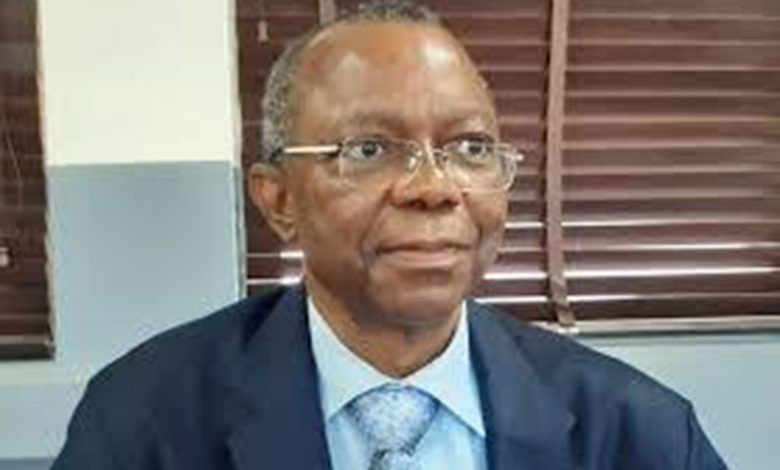
The Lagos Chamber of Commerce and Industry (LCCI) has urged the Nigerian Government to ramp up crude oil refining and petrol exports to help reduce inflation and stabilize the naira.
In an exclusive interview with journalists on Saturday, LCCI President Gabriel Idahosa expressed concern over the insufficient N54.99 trillion allocated for Nigeria’s 2025 budget, warning that it would not be enough to achieve the nation’s broad economic growth targets, including growing the economy to $1 trillion by 2030 and reducing inflation to 15 percent from the current record high of 34.8 percent.
Idahosa stated that achieving these ambitious economic goals would require more than just the current budget allocation. “None of the budgets, either this year or next year, will be enough to achieve the broad targets of growing the economy,” he said. “This budget is just one of several steps towards that ultimate objective.”
While acknowledging that the government’s inflation reduction target is bold, Idahosa stressed that with disciplined policies particularly in the foreign exchange market the goal remains attainable. “A lot of observers feel that it is quite ambitious and will be difficult to attain,” he noted, adding that everyone is hoping the government can succeed in bringing inflation under control.
The LCCI president highlighted the importance of stabilizing the exchange rate, suggesting that if the government could bring the naira’s value from the current range of N1,500 to N1,400 or N1,300 to the dollar, it would help drive inflation down even further. “If they can reduce the stable exchange rate to around N1,300 as a sustainable new benchmark, then you will see inflation coming down even more than their targets,” Idahosa explained.
One key solution Idahosa emphasized was boosting local oil refining and increasing the export of refined petroleum products. He argued that by producing and exporting more refined petroleum products, Nigeria could stabilize its exchange rate, reducing the demand for foreign currency and ultimately driving down inflation. “The more we export refined petroleum products, the lower the exchange rate; typically, the price of the dollar will be coming down,” he said.
In line with this, Idahosa called for greater attention to the capabilities of Nigeria’s refineries, particularly the Dangote Refinery and those operated by the Nigerian National Petroleum Corporation (NNPC), to eliminate the need for petrol imports. “We have the Dangote Refinery and NNPC refineries, which will provide enough for us to completely stop the importation of petrol. As we produce more refined products and non-oil exports, the surplus of foreign currency in the economy will continue to increase,” he stated.
Further boosting his outlook on Nigeria’s economic potential, Idahosa pointed to other sectors such as fertiliser and cement exports. He emphasized that as these non-oil exports grow, the country’s foreign exchange reserves would also increase, helping to improve the overall economic situation.
Idahosa also forecasted a gradual decline in inflation over the year, driven by a reduction in transportation costs. He pointed to the expansion of Compressed Natural Gas (CNG) and Liquefied Petroleum Gas (LPG) vehicles, as well as metro rail projects in Lagos, Abuja, and other major cities. “The metro lines and the gas are very crucial to significantly reducing transportation costs, and that will help reduce inflation,” he said.
The LCCI president expressed optimism about Nigeria’s future, noting that with a focus on boosting production, the country would be able to shift from a consumption-based economy to a more sustainable production-based one. He highlighted the significance of Nigeria’s growing recognition as a producer of refined petroleum products. “We are now recognized worldwide as a producing country for refined petroleum products,” he concluded. “The outlook is certainly positive.”
Idahosa’s comments come amid ongoing economic challenges, but his optimism about Nigeria’s potential underscores the importance of strategic policy changes and investment in the country’s production capacities.





